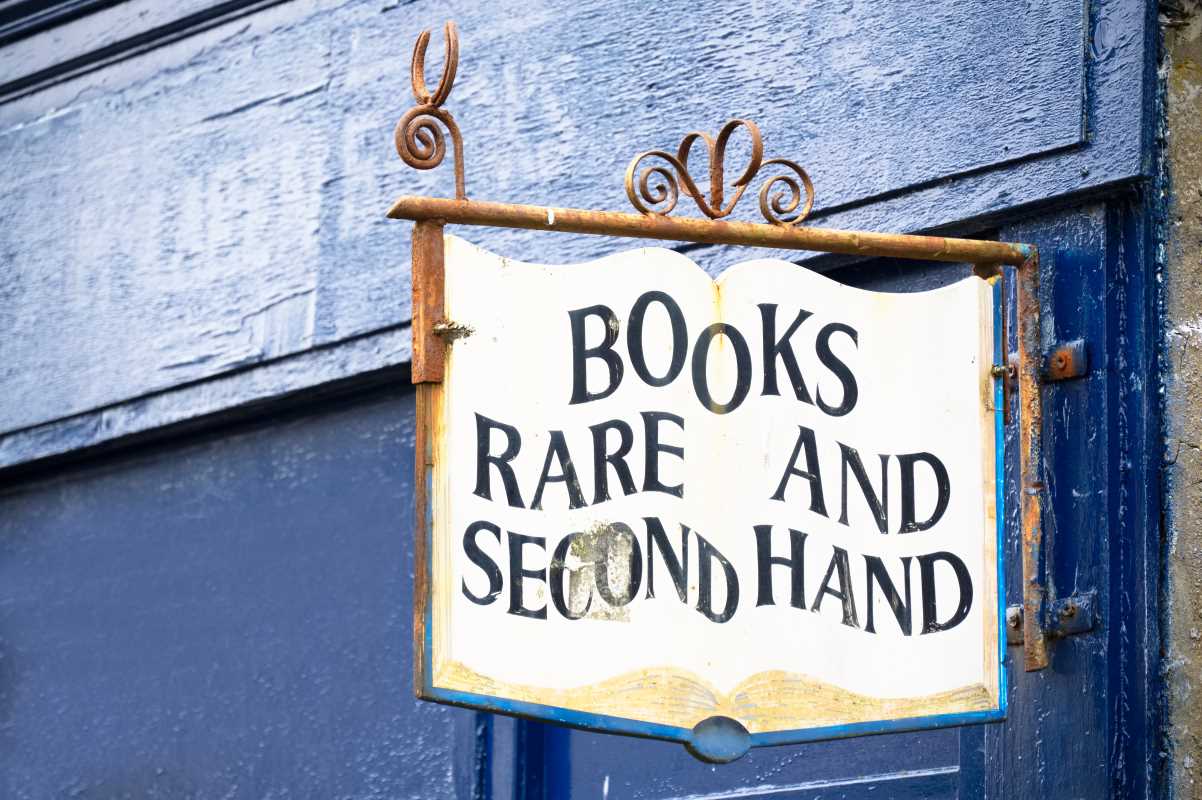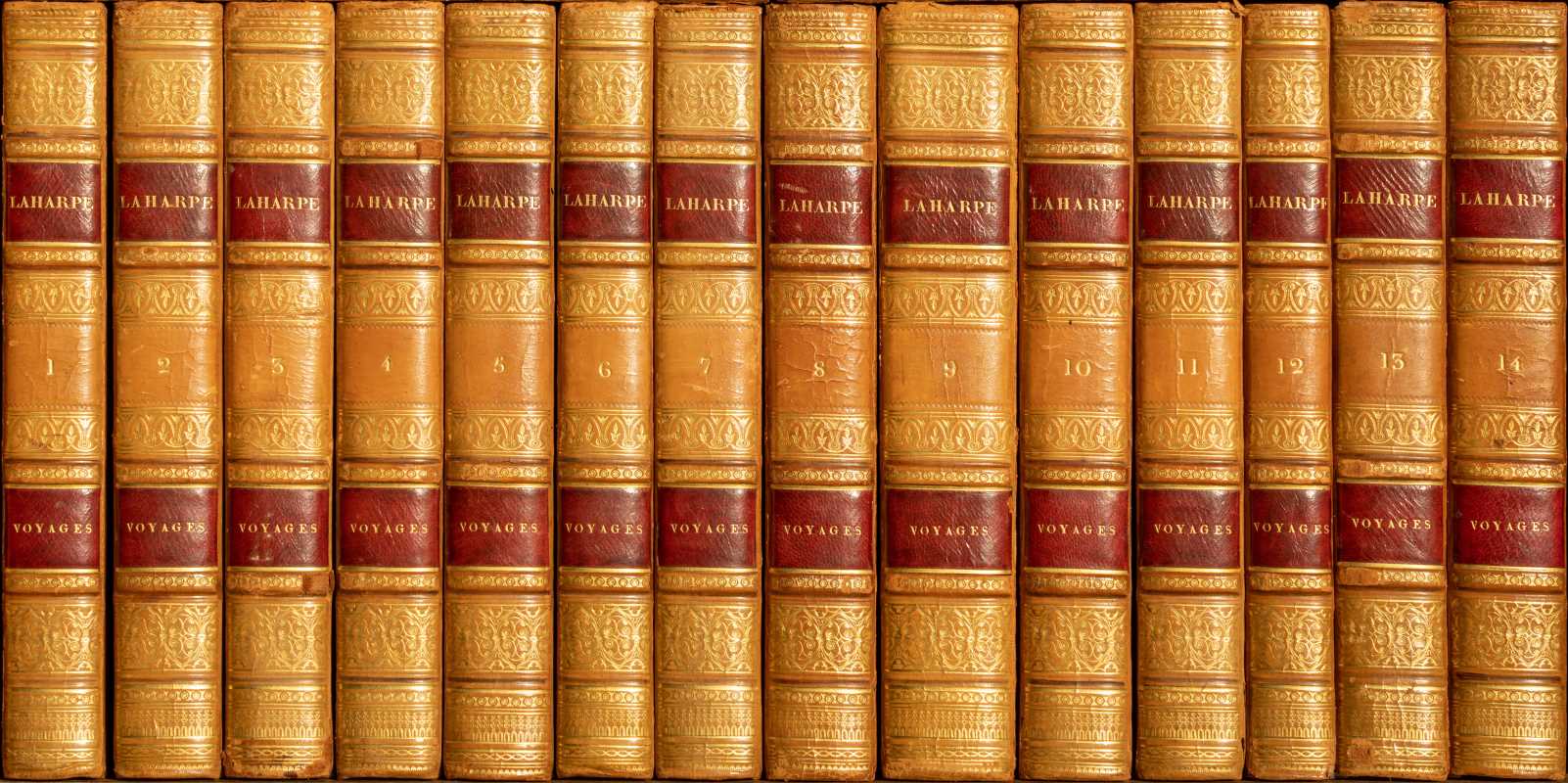There’s something magical about stories that transport us to another time. They take us to faraway worlds while helping us understand our past and what makes us who we are today. This is the essence of historical fiction, a genre that blends real historical events with fictional characters and plots. Over the years, historical fiction has become incredibly popular in book club circles, creating lively discussions and unique reading experiences for people everywhere.
But why has this genre gained such traction in the book club world? Simply put, it offers the perfect mix of emotion, fact, and imagination. It allows readers to experience history from personal and human perspectives while providing plenty of themes to dig into during discussions. From the streets of Victorian London to the battlefields of World War II, historical fiction offers endless possibilities for exploration.
If you’re curious to learn why historical fiction has become a book club favorite or need recommendations for your own group, keep reading to uncover what makes this genre shine.
Why Historical Fiction Appeals to Book Clubs
Readers gravitate to historical fiction because it’s more than just storytelling. It’s a way to learn about history without feeling like you’re stuck in a classroom. The best historical fiction novels strike a balance between fascinating historical details and engaging characters. For book clubs, this provides so many opportunities to reflect, analyze, and discuss themes that connect the past with the present.
Here are a few reasons why historical fiction has taken root in book club culture.
It Makes History Relatable
Historical fiction often takes big, abstract events and makes them personal. Instead of learning about battles, revolutions, or societal changes through dry facts, these stories bring the human side to life. You see what it was like to live through these experiences, making history feel more intimate and accessible.
For example, books like The Nightingale by Kristin Hannah transport readers to Nazi-occupied France during World War II, giving them a glimpse of the war’s impact through the eyes of women. These stories help readers step into the shoes of everyday people from the past, which sparks empathy and emotional connection.
The Genre Inspires Thoughtful Discussions
A key part of book club culture is the conversation that follows a great read. Historical fiction naturally encourages reflection and debate because it’s rooted in real issues, like war, love, survival, or social change.
When book clubs discuss these novels, the topics tend to go deeper than the plot or characters. They explore important questions like, “What would I have done in that situation?” or “How do these events compare to what’s happening in the world today?” Through historical fiction, book club members can connect the dots between the past and the present in meaningful ways.
It Caters to a Wide Audience
One of the greatest strengths of historical fiction is its versatility. It can suit readers with a range of interests. Whether your book club loves romance, drama, mystery, adventure, or political intrigue, there’s a historical fiction story out there for everyone.
For example, if you love romance, Outlander by Diana Gabaldon masterfully combines time travel, history, and passion. If you prefer political intrigue, All the Light We Cannot See by Anthony Doerr dives into the lives of two young people on opposite sides of World War II. This genre’s ability to cross into so many different styles means that every reader can find something appealing.
Iconic Historical Fiction in Book Club Discussions
Some novels have become book club staples, helping to solidify historical fiction as a popular genre. Here’s a closer look at a few standout reads that often inspire passionate conversations.
"The Book Thief" by Markus Zusak
This modern classic is narrated by Death and tells the story of Liesel, a young girl living in Nazi Germany. Through Liesel’s love of books and acts of defiance, readers see the destructive power of hate and the enduring strength of stories. The Book Thief resonates with readers of all ages and offers countless themes for book clubs to unpack, from the impact of war on families to the courage it takes to stand against injustice.
"Pachinko" by Min Jin Lee
Spanning several decades, this novel follows a Korean family as they struggle to find a place for themselves in 20th-century Japan. It explores themes like identity, resilience, and the sacrifices families make for their children. Book clubs often gravitate to Pachinko for its complex characters, rich narrative, and its ability to shine a light on an oft-overlooked part of history.
"The Night Watchman" by Louise Erdrich
Based on the life of the author’s grandfather, The Night Watchman tells the story of Native American communities fighting against government policies that threaten their land and culture. With its blend of historical truth and intriguing characters, it’s a favorite among book clubs that like to explore social justice issues.
"Circe" by Madeline Miller
For book clubs wanting a fresh take on ancient history, Circe delivers an imaginative twist on classical mythology. Focused on the legendary sorceress, this book reimagines Greek myths through the perspective of one of its most misunderstood figures. It’s perfect for groups seeking something a bit more mythical but rooted in humanity’s oldest tales.
How Historical Fiction Shapes Perspectives
What makes historical fiction truly unique is its power to shape how we think about history and ourselves. By shedding light on stories that might otherwise be hidden or forgotten, these books help reframe our understanding of the past.
Here are some ways this genre impacts its readers and why it connects so well with book clubs.
Highlighting Untold Stories
Historical fiction often uncovers voices that history books have overlooked. Stories about women, minorities, and other marginalized groups are finally being brought into the spotlight, giving readers a fuller picture of historical events. Books like Homegoing by Yaa Gyasi, which traces the lifelines of two sisters and their descendants over 300 years, show how generational trauma and resilience shape family histories.
Encouraging Open-Ended Questions
Unlike a textbook, historical fiction doesn’t just present facts; it invites interpretation. Readers get to form their own opinions about the characters, time periods, and decisions. It’s this curiosity and questioning that make it a perfect fit for book clubs.
Creating Emotional Connections
By weaving rich details and storytelling into actual events, historical fiction allows readers to experience history rather than observe it from a distance. This emotional resonance stays with readers long after they close the book, making the reading experience all the more powerful during group discussions.
 (Image via
(Image via





